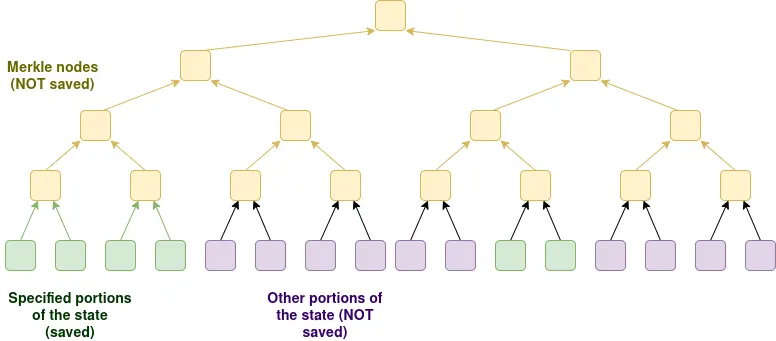19-45-2025 – Ethereum co-founder Vitalik Buterin introduced a groundbreaking proposal aimed at safeguarding the network’s core principles of trustless and censorship-resistant access, even as it undergoes significant scaling. In a detailed post, Buterin addressed the challenges posed by the growing dominance of Remote Procedure Call (RPC) providers, which enable wallets, users, and applications to interact with the blockchain without the need to operate a full node. He cautioned that a market overly reliant on a handful of RPC providers could lead to vulnerabilities, including the risk of censorship. “When a few RPC providers dominate, there’s immense pressure to exclude or censor users—some already block entire countries,” Buterin noted, underscoring the urgency of empowering independent node operators.

Buterin’s solution centres on the introduction of “partially stateless nodes,” a new type of node designed to balance accessibility with efficiency. As Ethereum scales and its gas limit rises, the resource demands of running a full node—such as increased storage and bandwidth—have become a barrier for many users. Partially stateless nodes offer a remedy by allowing users to verify the blockchain and access local data while only storing a tailored subset of the Ethereum state, specific to their needs. For instance, users could configure their nodes to retain data relevant to their accounts, preferred decentralised finance (DeFi) applications, or frequently used tokens like stablecoins and Ether (ETH), which was trading at $2,409 at the time. Data outside this subset would either be omitted or accessed via an RPC solution if needed.
This innovative node type validates blocks “statelessly,” eliminating the need to store the entire blockchain history or comprehensive Merkle proofs. By selectively updating certain parts of the state, these nodes reduce the technical burden on individual users while preserving their ability to engage with the network independently. Buterin also highlighted broader benefits, noting that relying solely on fully trustless cryptographic solutions can be costly, and centralised RPC reliance raises concerns over metadata privacy.


